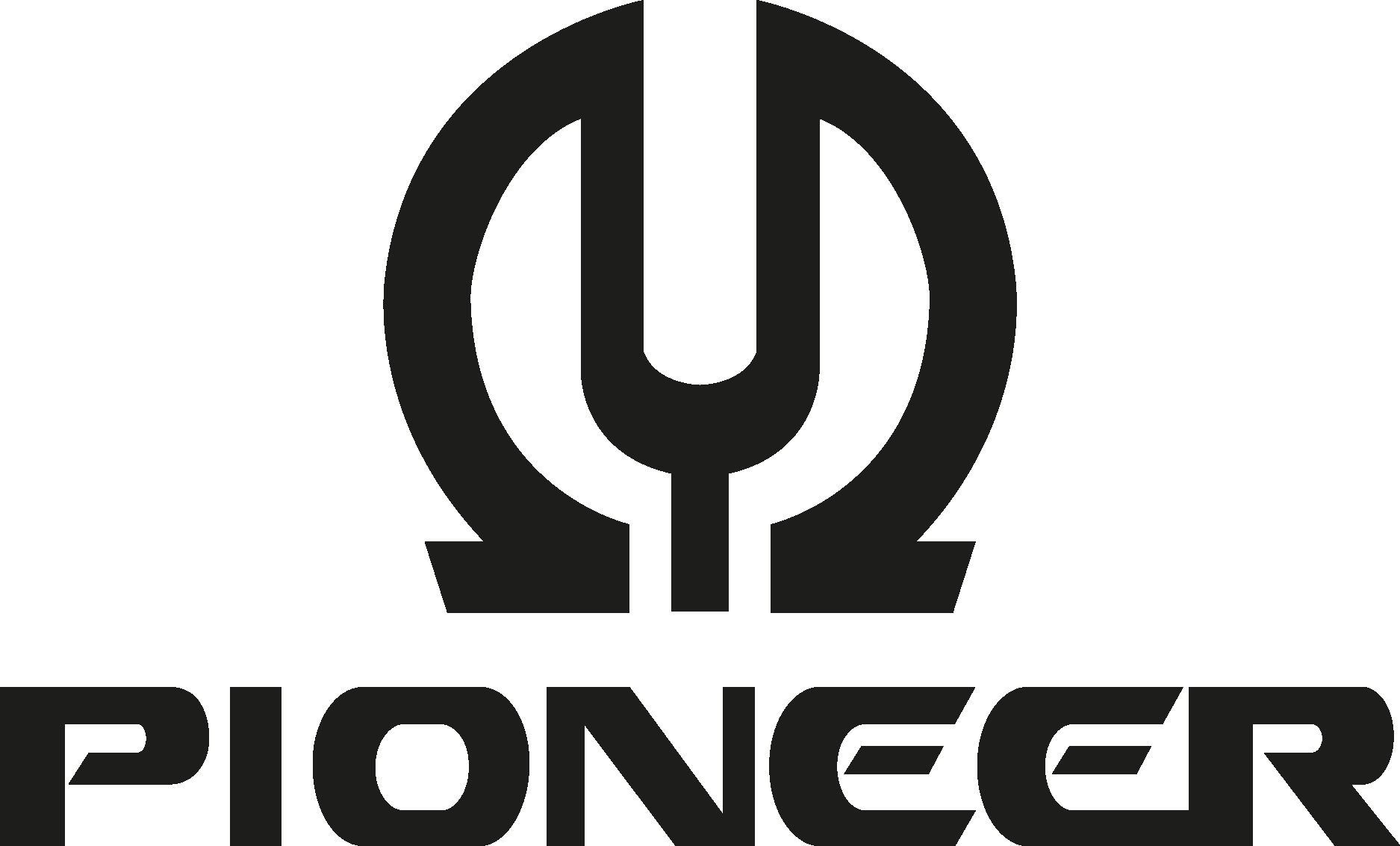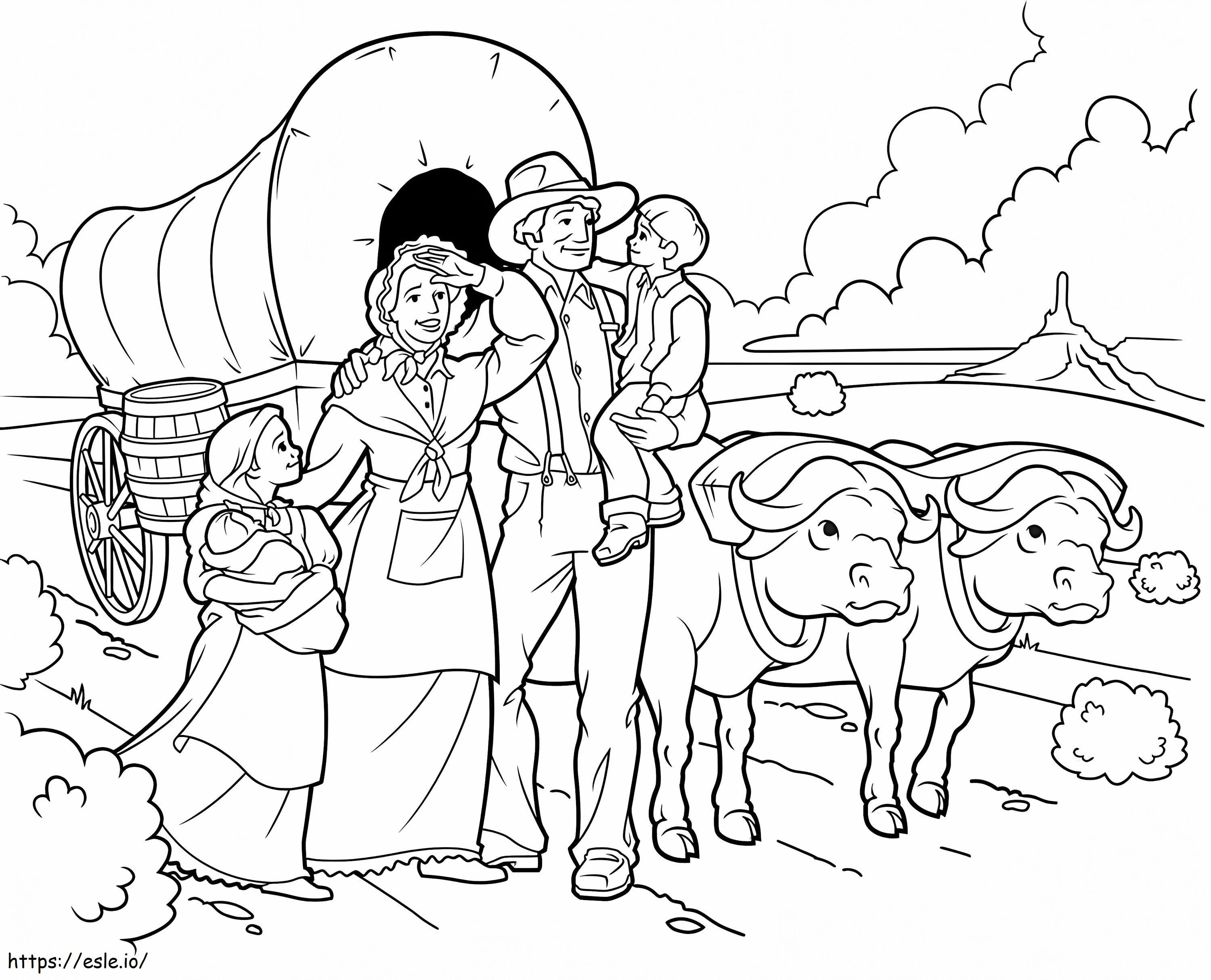Pioneer Woman Stroke: A Journey Of Resilience And Hope
Imagine this: you're living your life as a trailblazer, a pioneer woman who's been breaking barriers and inspiring others. Suddenly, something unexpected happens—a stroke. What does that mean for someone who's been leading the charge? This is not just a medical story; it's a story of strength, adaptation, and triumph. In this article, we're diving deep into the world of pioneer women and strokes, exploring what it means, how it affects them, and most importantly, how they overcome it.
Let’s be real here. Being a pioneer woman isn’t just about wearing the crown of success. It’s about resilience, determination, and sometimes, facing challenges that test your very core. A stroke is one of those challenges that can change everything in an instant. But guess what? These women don’t just roll over. They fight back harder than ever.
This article is your ultimate guide to understanding the intersection between being a pioneer woman and dealing with a stroke. We’ll cover everything from the basics of strokes to real-life stories, recovery tips, and expert advice. So, buckle up and let’s get into it!
- Gypsy Rose Crime Scene Pictures The Untold Story Behind The Shocking Case
- Karlie Redd Daughter The Rising Star In The Spotlight
Table of Contents
- What is a Stroke?
- Pioneer Women and Strokes: A Unique Perspective
- Biography of a Pioneer Woman
- Symptoms of a Stroke
- Risk Factors for Pioneer Women
- Diagnosis and Treatment
- Recovery Tips for Pioneer Women
- Emotional Impact and Mental Health
- Building a Strong Support System
- Inspirational Stories of Triumph
What is a Stroke?
Alright, let's break it down. A stroke is basically when blood flow to part of your brain gets cut off. That means brain cells don’t get the oxygen they need, and they start dying. It’s serious stuff, but here’s the kicker—strokes don’t discriminate. They can happen to anyone, anytime, anywhere.
There are different types of strokes, too. You’ve got ischemic strokes, which are caused by blood clots, and hemorrhagic strokes, which happen when a blood vessel bursts. Both are bad news, but they’re treated differently. Knowing the difference can save lives, so it’s good to stay informed.
Types of Strokes
Let’s dive a bit deeper into the types. Ischemic strokes make up about 87% of all strokes, according to the American Stroke Association. They happen when a clot blocks a blood vessel in the brain. Hemorrhagic strokes, on the other hand, occur when a blood vessel in the brain bursts. These are less common but can be more deadly.
- Hollie Strano Wikipedia The Ultimate Guide To Her Life Career And Achievements
- Mckinley Richardson Onlyfans The Rising Stars Journey And Insights
- Ischemic Stroke: Caused by blood clots.
- Hemorrhagic Stroke: Caused by blood vessel rupture.
- TIA (Transient Ischemic Attack): A mini-stroke that lasts for a short time and doesn’t cause permanent damage.
Pioneer Women and Strokes: A Unique Perspective
Pioneer women are no strangers to challenges. They’ve been breaking glass ceilings and paving the way for others for centuries. But when a stroke hits, it can feel like everything they’ve worked for is at risk. The good news is, these women are fighters. They don’t just give up.
One thing that sets pioneer women apart is their ability to adapt. When faced with a stroke, they use their problem-solving skills to navigate recovery and get back to leading the charge. It’s not just about physical recovery; it’s about mental and emotional resilience too.
Unique Challenges Faced by Pioneer Women
Being a pioneer woman comes with its own set of challenges, even outside of a stroke. These women often juggle multiple roles—career, family, community involvement—and when a stroke hits, it can feel like the world is crashing down. But guess what? They’ve got the tools to rebuild and come back stronger.
- Time management becomes crucial during recovery.
- Emotional support is key to maintaining mental health.
- Access to quality healthcare can make all the difference.
Biography of a Pioneer Woman
Let’s take a look at one incredible pioneer woman who faced a stroke and came out on top. Meet Sarah Thompson, a trailblazer in the tech industry. She’s been breaking barriers for years, but when she had a stroke at 45, everything changed.
| Name | Sarah Thompson |
|---|---|
| Age | 45 |
| Profession | CEO of a Tech Startup |
| Location | San Francisco, CA |
| Stroke Diagnosis | Ischemic Stroke |
Sarah’s story is one of resilience and determination. After her stroke, she didn’t let it define her. Instead, she used it as a chance to redefine her life and priorities.
Symptoms of a Stroke
Knowing the symptoms of a stroke can be a lifesaver. The faster you recognize the signs, the quicker you can get help. Here’s a quick rundown:
- Sudden numbness or weakness, especially on one side of the body.
- Confusion or trouble speaking.
- Trouble seeing in one or both eyes.
- Dizziness or loss of balance.
- Severe headache with no known cause.
If you or someone you know experiences these symptoms, don’t wait. Call emergency services right away. Time is brain, and every second counts.
Risk Factors for Pioneer Women
So, what puts pioneer women at risk for strokes? There are a few factors to consider:
- High stress levels from juggling multiple responsibilities.
- Unhealthy lifestyle choices, like poor diet or lack of exercise.
- Family history of strokes or heart disease.
- Hypertension or high cholesterol.
The good news is, many of these risk factors are manageable. By making healthy lifestyle choices and staying informed, pioneer women can reduce their risk significantly.
Diagnosis and Treatment
When it comes to strokes, early diagnosis is key. Doctors use a variety of tests to determine the type of stroke and the best course of treatment. This might include:
- CT scans or MRIs to visualize the brain.
- Blood tests to check for underlying conditions.
- Electrocardiograms to assess heart function.
Treatment depends on the type of stroke. For ischemic strokes, clot-busting drugs might be used. Hemorrhagic strokes might require surgery to repair the damaged blood vessel. Either way, prompt medical attention is crucial.
Recovery Tips for Pioneer Women
Recovery from a stroke is a journey, not a sprint. Here are some tips to help pioneer women navigate the process:
- Follow your doctor’s recommendations closely.
- Engage in physical therapy to regain strength and mobility.
- Seek emotional support from friends, family, or a therapist.
- Set realistic goals and celebrate small victories.
Remember, recovery is about progress, not perfection. It’s okay to take things one day at a time.
Emotional Impact and Mental Health
Strokes don’t just affect the body; they take a toll on mental health too. Pioneer women, who are often used to being in control, might struggle with feelings of frustration or loss of identity. That’s why mental health support is so important.
Talking to a therapist or joining a support group can make a huge difference. It’s also important to practice self-care and prioritize mental well-being during recovery.
Building a Strong Support System
No one should face a stroke alone. Building a strong support system is essential for recovery. This might include:
- Family and friends who offer emotional support.
- Healthcare professionals who guide the recovery process.
- Support groups where you can connect with others who’ve been through similar experiences.
Having a network of people who care can make all the difference in the world.
Inspirational Stories of Triumph
Let’s end on a high note with some inspirational stories of pioneer women who’ve overcome strokes. These women prove that nothing can stop a determined spirit. From returning to work to pursuing new passions, their stories are a testament to the power of resilience.
Take Sarah Thompson, for example. After her stroke, she not only returned to leading her tech company but also became an advocate for stroke awareness. Her story inspires countless others to keep fighting and never give up.
Kesimpulan
And there you have it—the ultimate guide to understanding pioneer women and strokes. From the basics of strokes to real-life stories of triumph, we’ve covered it all. Remember, strokes don’t have to define you. With the right support, treatment, and mindset, you can overcome anything.
So, what’s next? Share this article with someone who might benefit from it. Leave a comment below and let us know your thoughts. And most importantly, take care of yourself. You’ve got this!
- Who Is The Rocks Twin Brother Unveiling The Mystery Behind Dwayne Johnsons Sibling
- How Tall Is Lawrence Jones Of Fox News The Ultimate Guide To His Height And More

Pioneer Woman Stroke Cause Understanding The Factors Behind Health

Pioneer Woman Stroke Best Celebrity Gossip Sites 2025

Pioneer Woman Stroke Best Celebrity Gossip Sites 2025